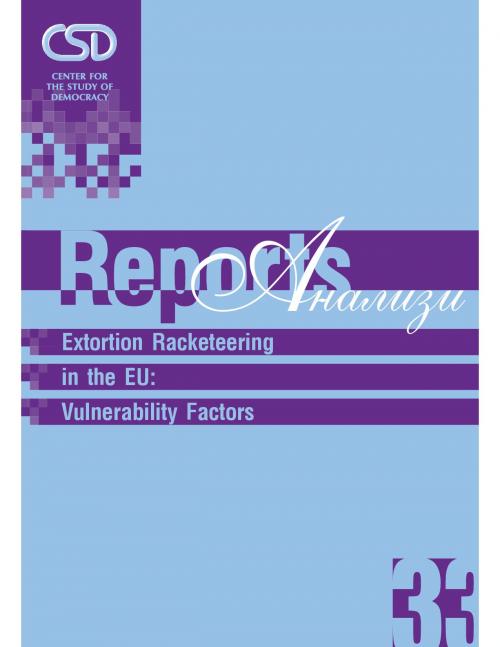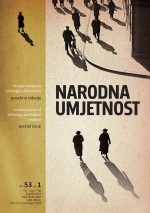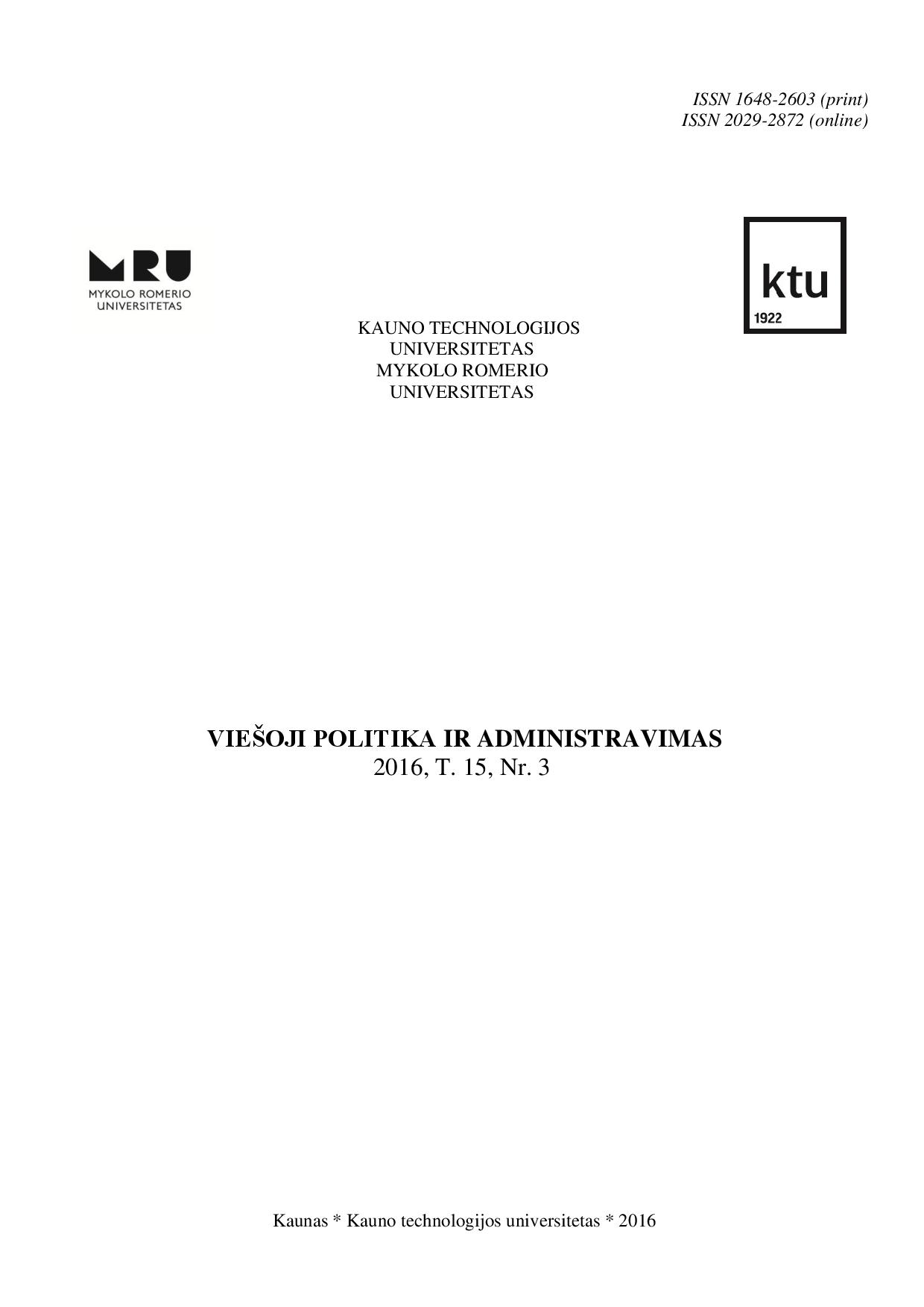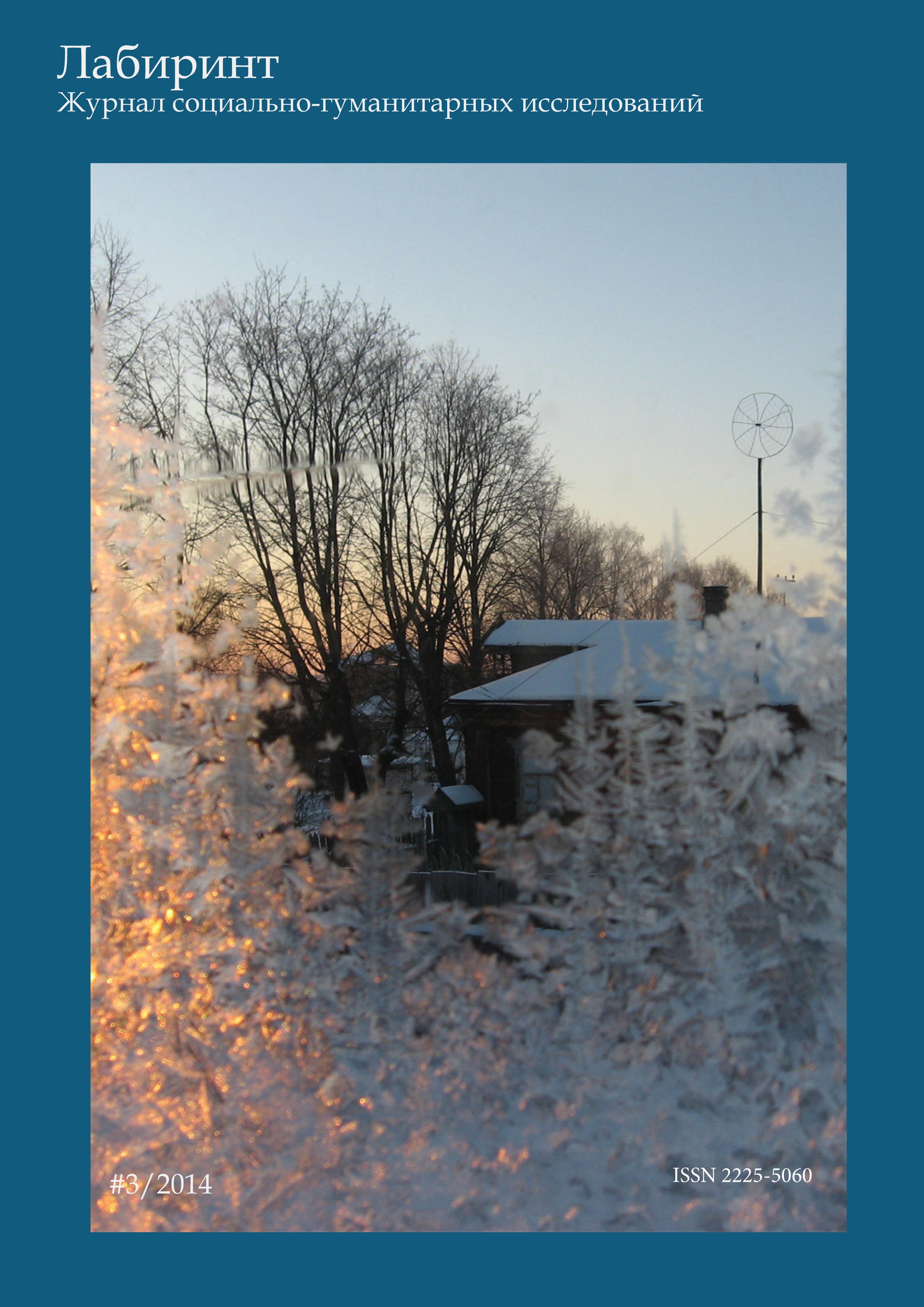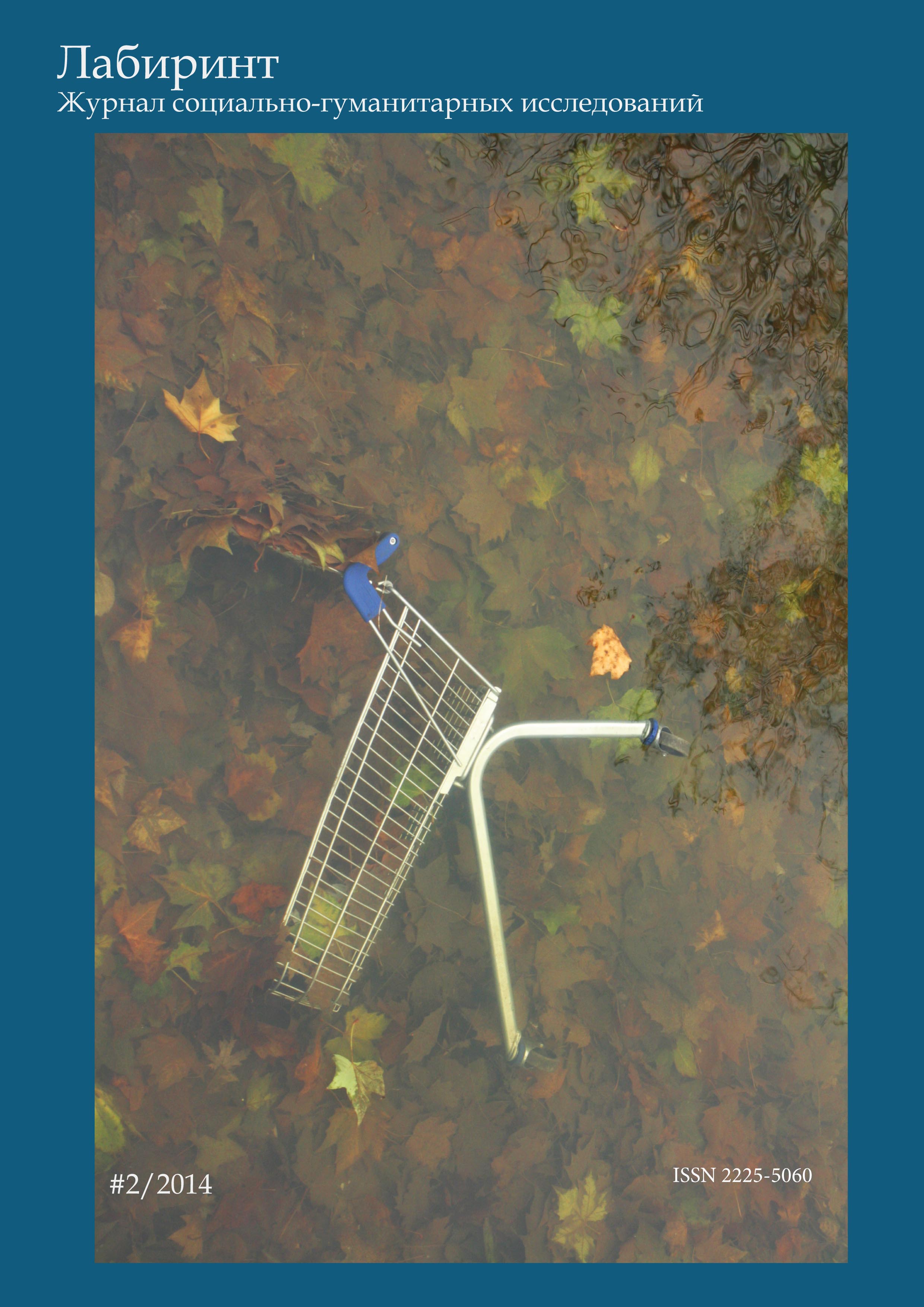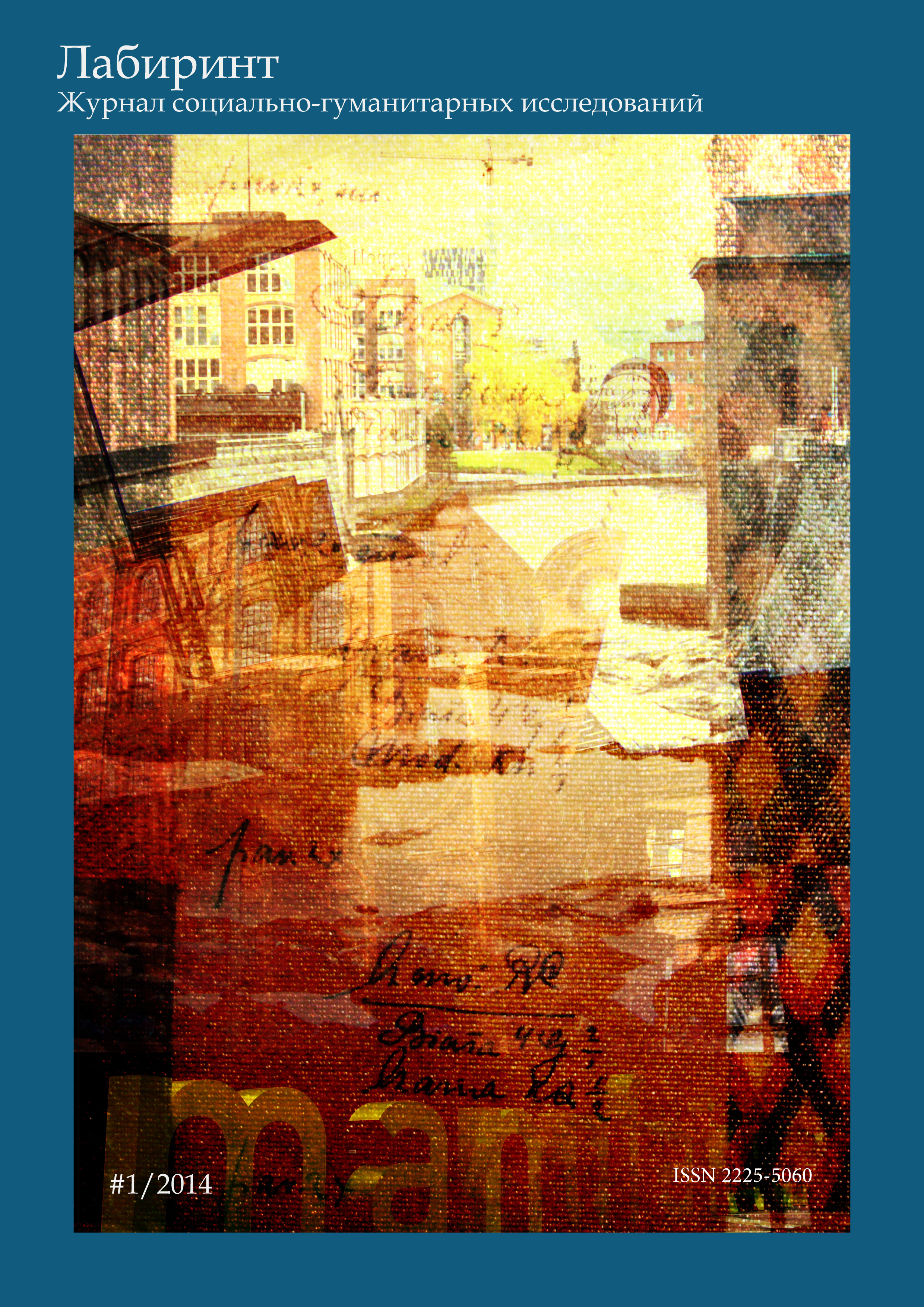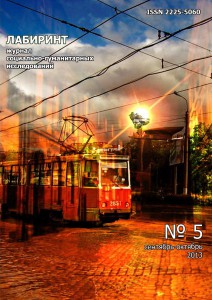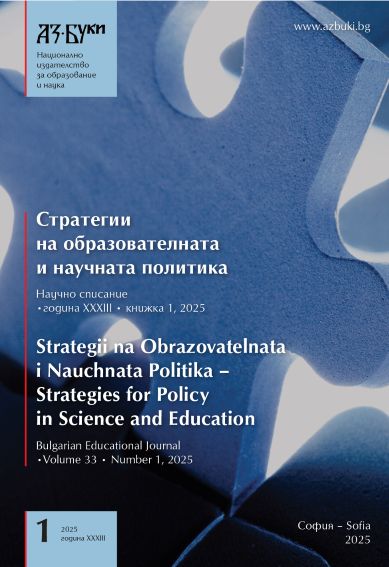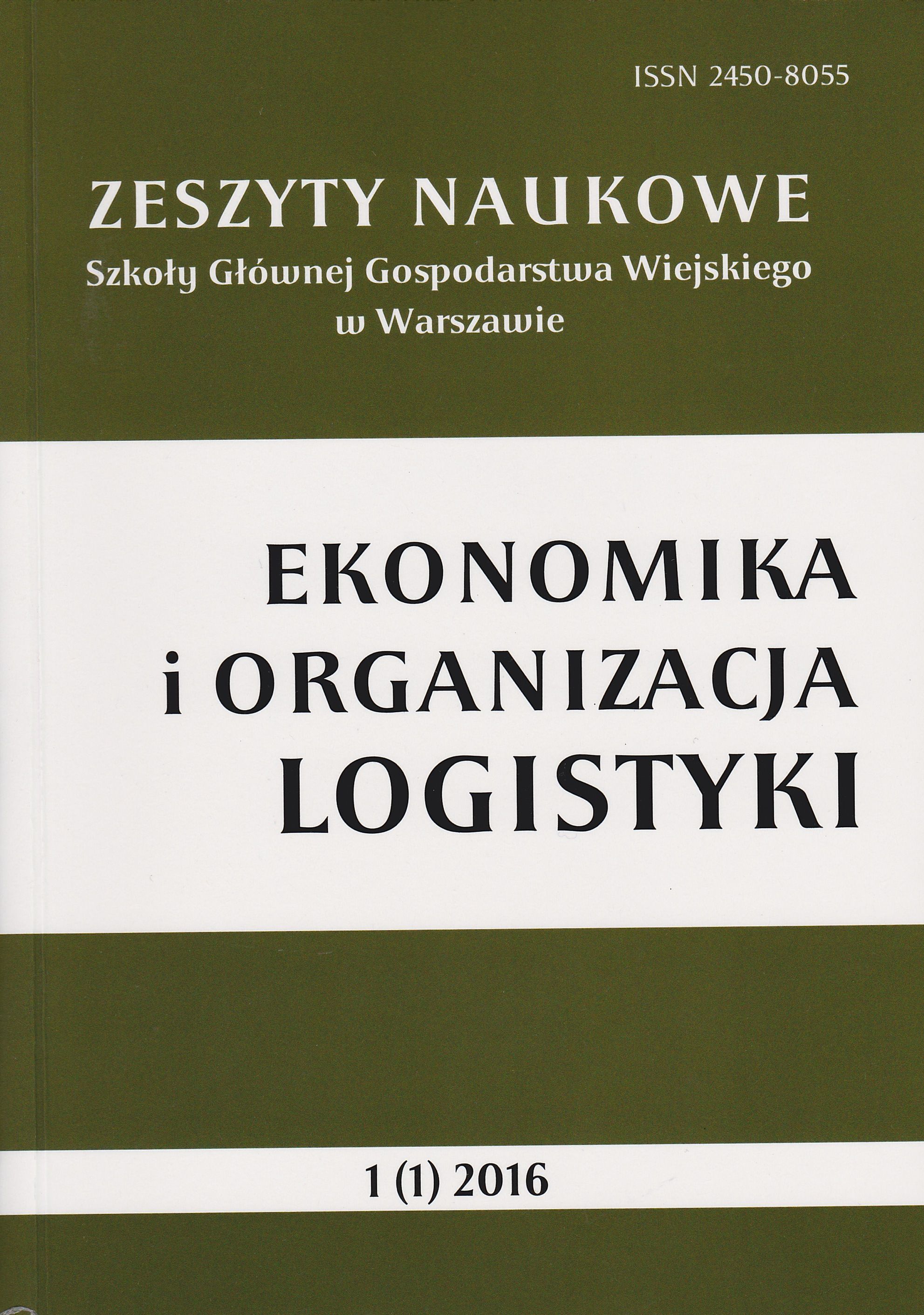
Od producenta do konsumenta: determinanty transportu żywności w XXI wieku
The aim of the paper was to present main factors influencing development of worldwide transporting food. We underlined problems of creating more and more complex food supply chains. Moreover, we pointed out food production regionalization as the reasons for the current trend of increasing the volume and length of food transport. As a summary, we presented possible solution to the problem of environmental effects of food transport which can be implemented by customers, producers and also transport companies.
More...
